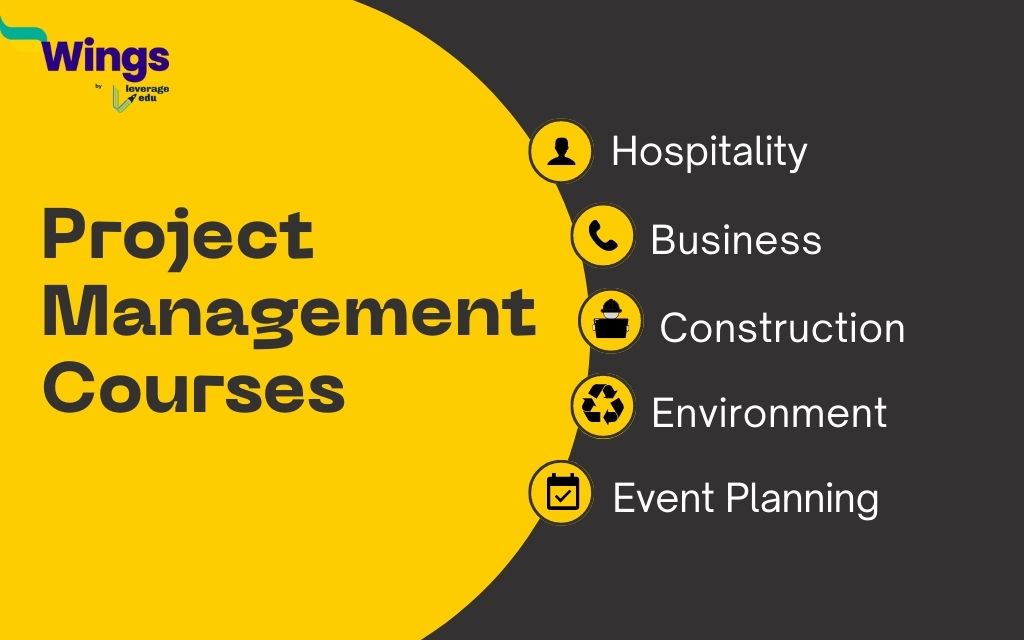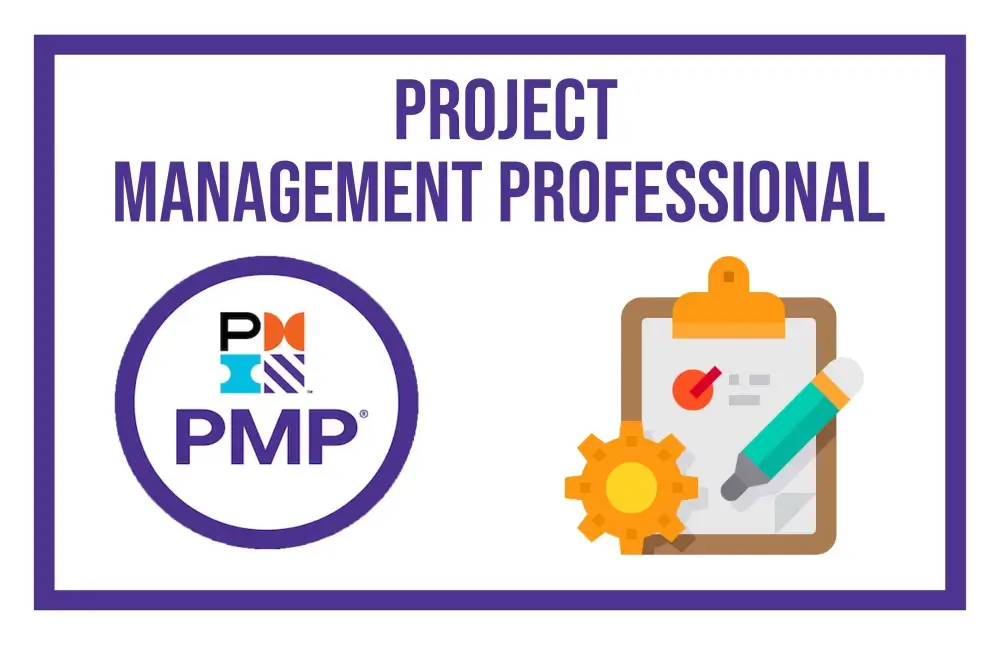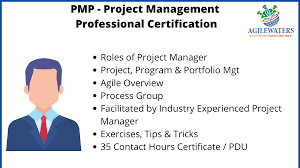Project Management Professional (PMP): A Complete Guide to Certification & Benefits
Introduction
Project Management Professional (PMP) certification is one of the most recognized and sought-after credentials in the field of project management. Issued by the Project Management Institute (PMI), this certification validates a professional’s expertise in managing projects efficiently. If you are looking to enhance your career prospects in project management, obtaining PMP certification can be a game-changer.
In this comprehensive guide, we will explore the benefits of PMP certification, eligibility requirements, exam details, and the potential career growth opportunities for PMP-certified professionals.
What is PMP Chttps://planetofautomation.com/project-management-professional-courseertification?
PMP (Project Management Professional) certification is a globally recognized credential that demonstrates a project manager’s ability to lead teams and deliver projects successfully. It follows PMI’s Project Management Body of Knowledge (PMBOK Guide), which provides standardized best practices for project management across industries.
Benefits of PMP Certification
- Career Advancement: PMP certification enhances your credibility and increases job opportunities in the field of project management.
- Higher Salary Potential: Certified PMP professionals earn significantly higher salaries compared to non-certified project managers.
- Global Recognition: PMP certification is recognized worldwide, making it easier to find job opportunities in different countries.
- Improved Project Management Skills: The PMP training process equips professionals with skills in project planning, execution, risk management, and leadership.
- Better Networking Opportunities: PMP certification allows professionals to connect with a global community of project managers through PMI membership and events.

PMP Certification Eligibility Criteria
To apply for PMP certification, you must meet the following requirements:
- A four-year degree (bachelor’s degree or equivalent) with 36 months of project management experience and 35 hours of project management education/training. OR
- A high school diploma (or associate degree) with 60 months of project management experience and 35 hours of project management education/training.
Additionally, candidates must have experience in leading and directing project tasks to qualify for the exam.
PMP Exam Structure
The PMP exam consists of 180 multiple-choice questions and has a time limit of 230 minutes. The questions are divided into three key domains:
- People (42%) – Focuses on leadership, team management, and communication skills.
- Process (50%) – Covers technical aspects of project management, including planning, execution, monitoring, and risk management.
- Business Environment (8%) – Deals with the connection between organizational strategy and project management.
How to Prepare for the PMP Exam?
To successfully pass the PMP exam, follow these preparation tips:
- Understand the PMBOK Guide – The PMBOK Guide is the primary resource for the exam and should be thoroughly studied.
- Take a PMP Training Course – Enrolling in a training course helps you fulfill the 35-hour education requirement and provides structured learning.
- Practice with Mock Exams – Taking practice tests helps familiarize you with the exam format and identify weak areas.
- Join PMP Study Groups – Engaging with study groups or online forums can provide valuable insights and motivation.
- Create a Study Plan – Allocating specific time for each topic ensures thorough preparation before the exam date.

Career Opporthttps://x.com/planetofauto_unities for PMP-Certified Professionals
PMP-certified professionals are in high demand across industries such as IT, construction, healthcare, finance, and manufacturing. Common job roles for PMP-certified professionals include:
- Project Manager
- Program Manager
- Project Consultant
- Operations Manager
- IT Project Manager
According to PMI’s salary survey, PMP-certified professionals earn an average of 20% higher salaries compared to their non-certified counterparts.
Maintaining PMP Certification
Once you obtain the PMP certification, it remains valid for three years. To maintain your certification, you must earn 60 Professional Development Units (PDUs) within the three-year cycle. PDUs can be earned through training, attending seminars, or contributing to the project management community.
Conclusion
Becoming a PMP-certified professional can significantly boost your career by opening doors to better job opportunities, higher salaries, and professional growth. The PMP certification demonstrates your expertise in project management and helps you stand out in a competitive job market.
If you are serious about advancing your career in project management, now is the time to start your journey toward PMP certification. With proper preparation and dedication, you can achieve this prestigious credential and unlock new career opportunities.

